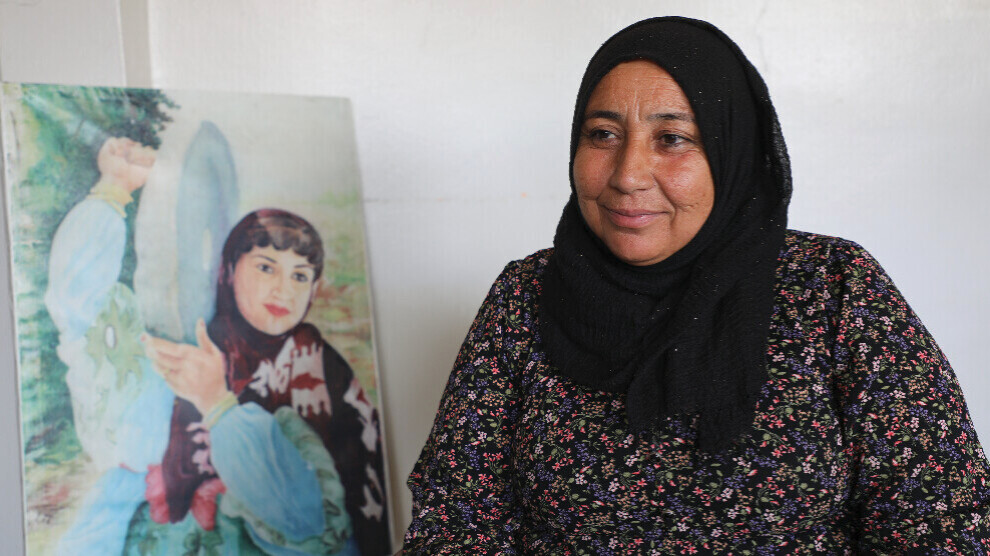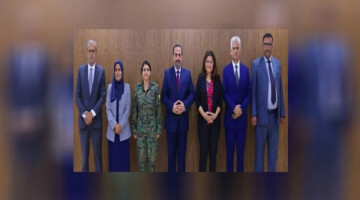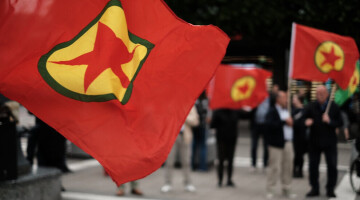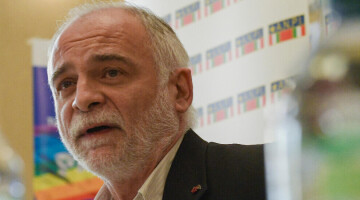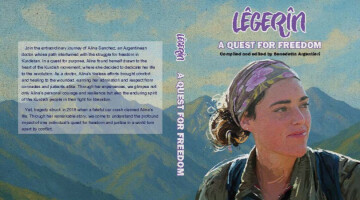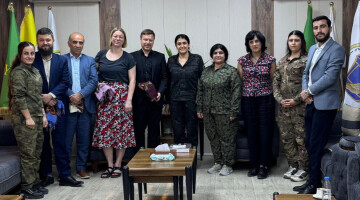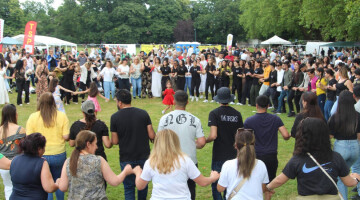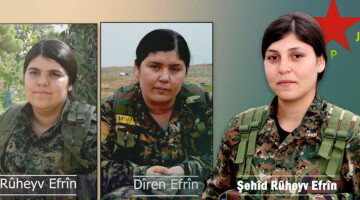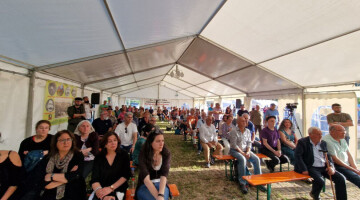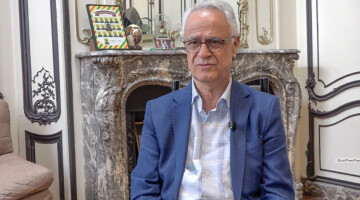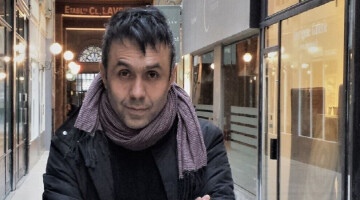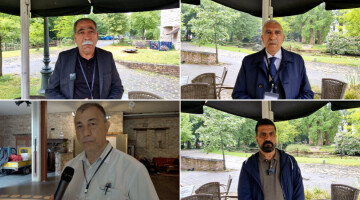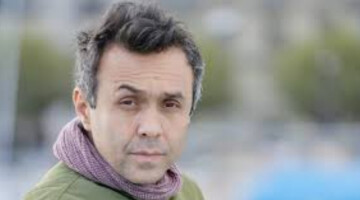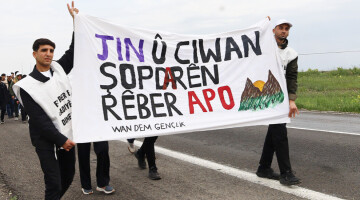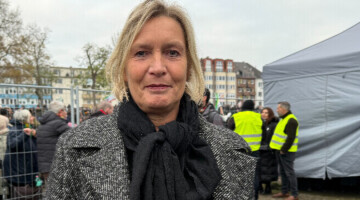The Mala Jin (Women’s House) institution is a central pillar of the Autonomous Administration, self-organization and self-defense of women in the Rojava Revolution. The tasks of the Women's House range from education and training to self-defense, protection and conflict resolution. One of the founders of the women's shelter in Amûdê is 53-year-old Hamdiye Abdullah. She has been involved in the Kurdish freedom movement since 1985 and is still one of the people in charge of the Mala Jin in Amûdê today.
Hamdiye Abdullah spoke to ANF and said: "My younger brother met the students [the PKK members]. They became friends. The students began to visit us at home. First of all, their lifestyle caught my attention. I knew that we were Kurds, and I was aware of the fact that the Kurdish people actually had rights, but had always been oppressed. The Apoists - they were called 'students' at the time - fought for the Kurdish people, defended the cause of the Kurdish people. They resisted and prevented the annihilation of the Kurdish people and Kurdistan. The struggle of the women was also remarkable. Due to the Baath regime's policy of extermination against the Kurds, we could neither speak nor write in our mother tongue. We could not even say that we were Kurds. We could not hang the photo of a fallen soldier on the wall. The Kurdish freedom movement fought for all of this."
"We reached all social classes"
Hamdiye Abdullah said that the struggle in Qamishlo became stronger with the popular uprising in 2004. At that time, there was an anti-Kurdish pogrom organized by the regime and people resorted to self-defense. She said of the work at the time: "We distributed leaflets. We carried out different things. We collected donations and reached all parts of society through our work. We strengthened our organization by going to places where women were mainly present, such as fields, tailor shops... Amûdê is a small town, as small as a village. The people there are involved in agriculture and livestock farming. We approached the people who were plowing the fields and grazing their animals; we helped and explained how the Kurdish freedom movement worked and distributed brochures."
Women's liberation struggle
The women's liberation struggle has always been an important pillar, said Hamdiye Abdullah. Talking about her situation as a girl and woman, she said: "My father died when I was young. I was the oldest child in the house and my mother and I practically became sisters. The moment a woman stepped out from under the protection of a man, she was vilified, ignored, and anything could happen to her. Society did terrible things to suppress women's voices. I could not handle the violence, the cruelty, and the view of women as 'incomplete, imperfect beings.' I stood on my own two feet and fought for freedom. And I preferred to live with my family rather than dedicate my life to a man. This led me to the women's liberation struggle."
Opening of the first Women's House
Even before the revolution in Rojava, the first Mala Jin was opened in 2011. Hamdiye Abdullah was one of four women who attended the opening. She said: "We were elected with 22 other women for the activities of the women's movement Yekîtiya Star in Amûdê. With each passing day, the work became bigger, and the problems became heavier. Therefore, the decision was made to open a Women's House. I am one of the witnesses and one of the women who worked directly for the opening of the Mala Jin. We faced resistance from society, because many people questioned the idea of a Women’s House. It was not easy to deal with the attacks of such a mentality, an attitude that did not tolerate women having an institution and organization. The Women's House, which was rejected, not accepted, despised and excluded at the time, has become a place where people come together to discuss and solve family problems. This is thanks to the constant struggle of women."
Self-defense is resistance
Hamdiye Abdullah underlined that women’s self-defense is brought to the highest level through women’s solidarity: "There is another woman hidden in every woman. Women experience the same tyranny and oppression. At the same time, women’s resistance must also be united. A woman who defends herself is a woman who frees herself. Self-defense is the term for women’s resistance. A woman without self-defense cannot protect her achievements. When self-defense becomes stronger, our freedom will be guaranteed."

